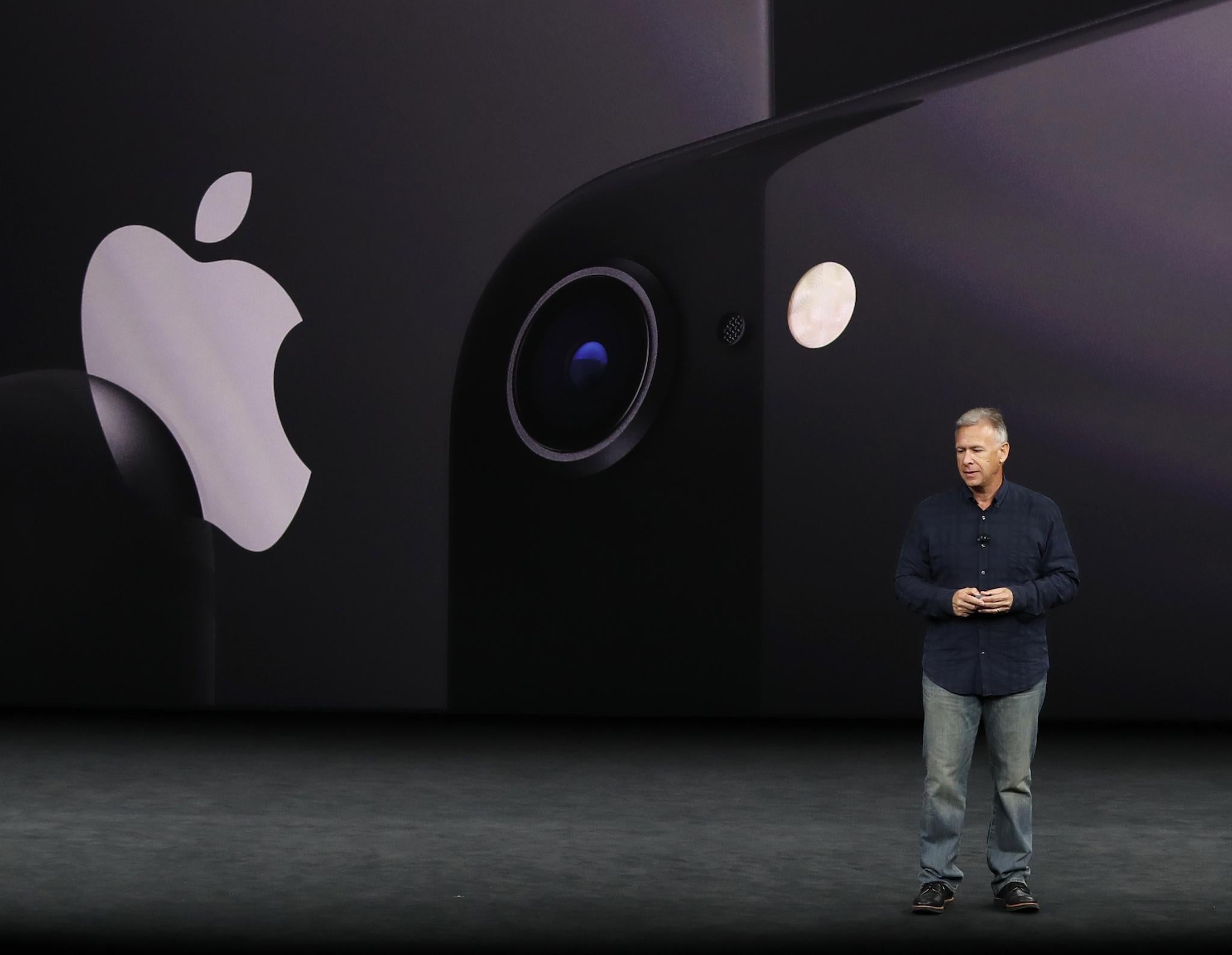iPhone slow: Study reveals truth about claims Apple ruins its products to make people buy new ones
Phones don't slow down. But that's not to say it's all an illusion

Researchers might have finally debunked the biggest conspiracy theory about the iPhone.
The handsets don't get slower when a new one comes out, the new study suggests. But that doesn't mean that you're wrong to think they do.
Researchers compared the performance of a range of different iPhones over time and found that all of them behaved mostly consistently, no matter how old they were or what software they use. That's in direct contrast to the often repeated but false claim that Apple intentionally breaks or slows down devices when new phones come out.
The research was launched after a hugely viral story last week claimed that a Harvard professor had proved that iPhones were intentionally broken when new ones came out, so that Apple can force everyone to buy them. But that story was mostly fake — though it contained a grain of truth about why exactly so many people think there's something wrong with their phones.
In fact, the professor had undertaken some cursory research to look at the rise of people searching "iPhone slow", and found simply that more people think their phone has slowed down. That doesn't prove anything other than the fact that there is the perception that handsets are slowing.
The new research looked to debunk that once and for all by comparing the performance of a range of different iPhones over time. By running the same app on each different phone and across different versions of the operating system, researchers could check whether or not thre does really seem to be a decline in performance.
They found there wasn't. All of the phones tested — the iPhone 5s, 6, 6s and 7 — showed the same performance over time, with some minor variation that might be expected as phones age an updates improve.
The researchers found that there was some very minor fall in the performance of the phones' CPU over time. But that change was tiny — and in some cases was entirely contradicted by phones improving — and is thus probably the result of small changes to the operating system and other alterations.
"Our benchmarking data shows that, rather than intentionally degrading the performance of older models, Apple actually does a good job of supporting its older devices with regular updates that maintain a consistent level of performance across iOS versions," the report concludes.
But it notes there are "some factors" that might make the phone feel slower, even if it isn't. Updates might add new features that strain the resources of old phones, for instance, and apps might be developed for the new hardware and so run less well on older handsets.
A large part of the effect might be the result of Apple's clever marketing, too. It is in the company's interest to make the new phone feel fast, and not let you forget that fact, and once you know that there's something out there faster than your phone everything might seem a little slower.
The research was conducted by Futuremark, a Finnish company that makes an app designed to test out the performance of devices. It generates a score that can then be compared across devices and operating systems.
Join our commenting forum
Join thought-provoking conversations, follow other Independent readers and see their replies
0Comments